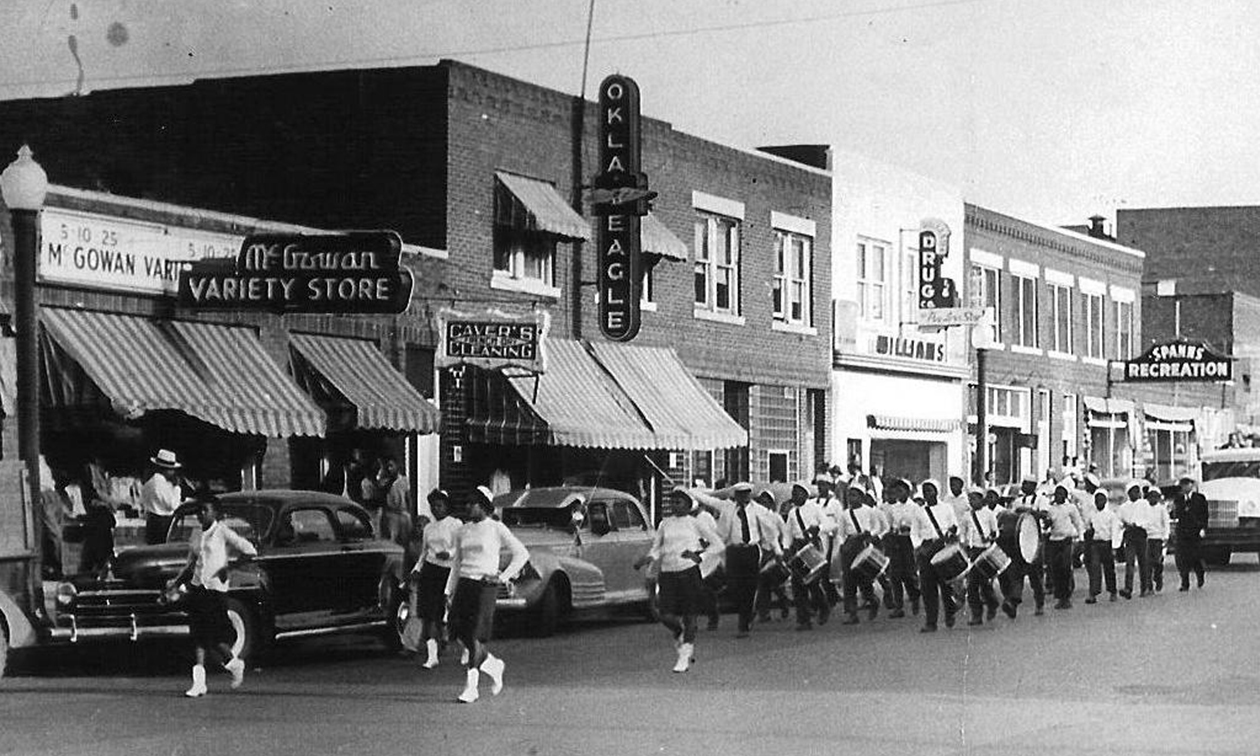The Entrepreneurship Lessons of 1921 Greenwood

This saying, that I have adapted slightly, provides valuable insight into ways that government leaders can implement programs to eliminate urban poverty. Unfortunately, President Johnson’s “War on Poverty” was not as successful as it could have been because the administration was focused on “giving people fish” instead of supporting them in developing their own “fishing businesses.” The War on Poverty programs helped a lot of people in the short term through significant welfare benefits. Unfortunately, it did not build on the entrepreneurial spirit and capabilities of people in economically challenged communities.
The U.S. is in the midst of an unprecedented economic crisis that is most severe in poor urban communities. Unemployment in these areas was high before the pandemic and it is now at record levels in black communities. Estimates suggest that 40% of black businesses in urban communities will close because of the government shutdown of small businesses during the pandemic. This has led to growing unemployment in these communities. Unfortunately, federal, state and local governments do not seem to have any idea how to increase employment and prosperity in communities devastated by low employment.
Insight on the way to increase prosperity and employment can be found in one of the greatest accomplishments of the black community and most disgraceful events in U.S. history. Plessy v. Ferguson was a landmark Supreme Court decision in 1896 that upheld the constitutionality of racial segregation. Black communities survived this racist ruling by developing segregated communities that succeeded economically because of successful black-owned small businesses. These neighborhoods fought against discrimination by developing healthy communities rooted in entrepreneurship. The wealthiest of these communities was the Greenwood Section of Tulsa, Oklahoma. This community was so strong economically that it was nicknamed “Black Wall Street.”
Unfortunately, white supremacists and the local government were so jealous of the economic success of this community that on June 1, 1921 they bombed it by plane and attacked it by foot. Tragically, more than 300 people were killed and 200 businesses destroyed simply because the black community was living the “American Dream” of entrepreneurial success.
One positive lesson that we can learn from this embarrassing American history is that when the black community is given the opportunity to develop entrepreneurial businesses it can flourish. This is true for all communities of all races that are struggling economically. It is essential for the Biden Administration to make the support of entrepreneurship in economically challenged communities one of their major priorities. Unfortunately, the pandemic related closing of small businesses has reduced tax revenue which limits the money that the government has to support the growth of small businesses. The support of businesses in poor communities must therefore come from wealthy individuals, venture capitalists and large corporations.
The most effective way to generate private sector money to support the growth of local businesses is to establish “Entrepreneur Zones” in poor communities. In this program, investors would receive significant tax credits for investing in businesses within these neighborhoods located in areas currently designated as Opportunity Zones. The Entrepreneur Zone initiative will result in hundreds of millions of private sector dollars invested in businesses in these communities that will generate thousands of jobs and widespread economic prosperity. This program will not only accelerate the economic turnaround in the poorest communities, it will lead to a national focus on innovation and entrepreneurship in local communities that will result in significant post-pandemic economic growth and job creation.
Dr. Dale Caldwell is the co-founder of the Black Excellence Alliance (BEA). He is a professor and the executive director of the Fairleigh Dickinson University (FDU) Rothman Institute of Innovation and Entrepreneurship. Dr. Caldwell is the author of six books including the ground-breaking book Intelligent Influence: The 4 Steps of Highly Successful Leaders and Organizations. He is the creator of the Entrepreneur Zone program and the founder of the Dale Caldwell Foundation, BlackFriendsMeet.com, the Black Entrepreneurs Hall of Fame, the Black Executives Hall of Fame, the Black Inventors Hall of Fame and the Black Tennis Hall of Fame. These innovative organizations inspire black excellence and immortalize accomplished people who have been overlooked in the history books because of their race.
Dr. Caldwell earned a BA in Economics (with a minor in African American studies) from Princeton University, an MBA in Finance from the Wharton School of the University of Pennsylvania and a Doctorate from Seton Hall University. He is an International Coach Federation (ICF) Associate Certified Coach (ACC) who completed the Harvard Kennedy School Senior Executives in State and Local Government program and the Rutgers Leadership Coaching for Organizational Performance program.
